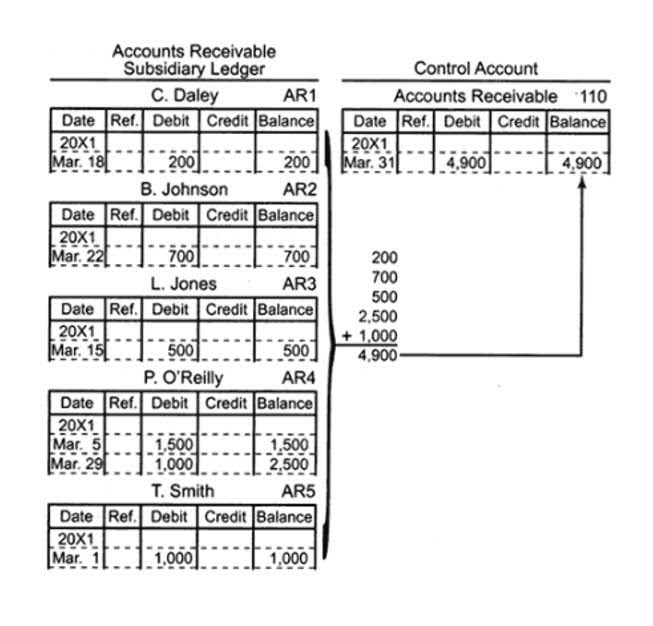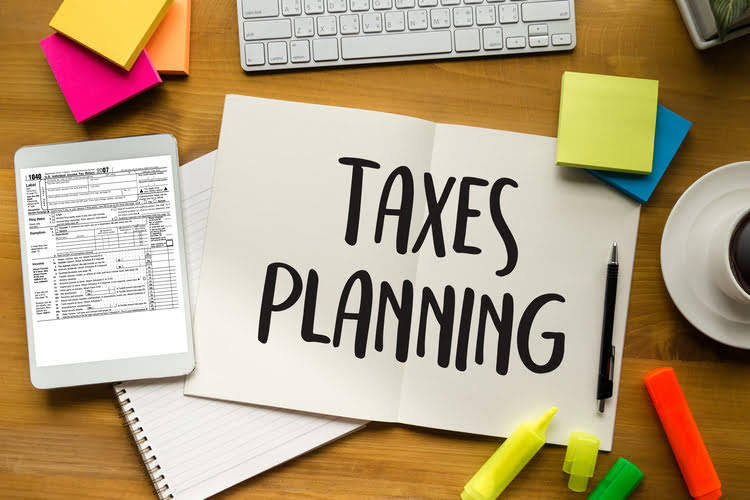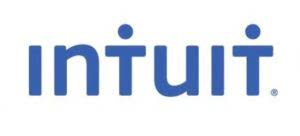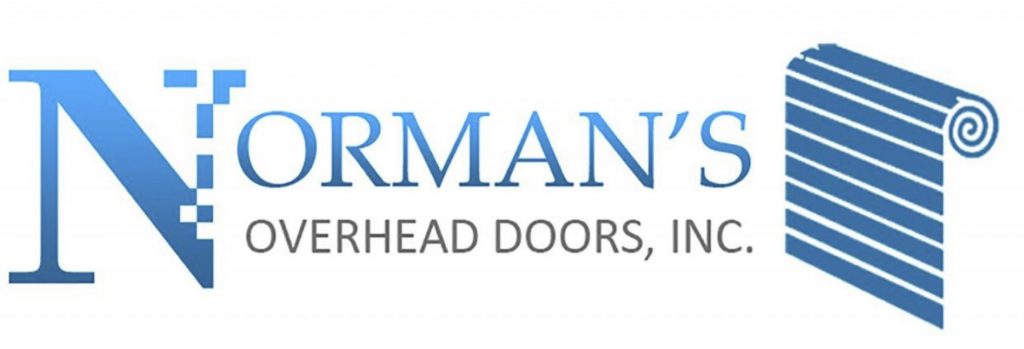
The Enron scandal in 2001 resulted in major changes in the accounting industry, not least the collapse of Arthur Andersen, one of the nation’s top accounting firms. The AICPA set accounting standards until 1973, when the Financial Accounting Standards Board (FASB) began to set standards for private companies. Arthur Andersen company executives and CPAs were charged with illegal and unethical accounting practices. The exam consists of three core sections that must be completed and one discipline section. Earning the CPA title requires a bachelor’s degree, usually in business, finance, or accounting. Other majors are acceptable if the applicant meets the minimum requirements for accounting courses.
- They can also hold chief controller or chief financial officer (CFO) positions, depending on their skill level and education.
- Public accounting refers to a field of accounting where accounting professionals provide a range of accounting services to businesses, individuals, nonprofits, and government agencies.
- Additionally, the valuation of intangible assets, such as intellectual property and patents, requires specialized accounting knowledge.
- Public accountants specializing in tax services are the guides that help individuals and businesses navigate this intricate maze while minimizing tax liabilities legally.
- The professional value of the designation is that CPAs often earn 25% more than non-CPAs and advance in their careers more quickly.
A Complete Guide to Public Accounting
A PA is an entry-level public accounting meaning accounting expert who manages the basic accounting, auditing, taxation, and consulting activities for a client on behalf of a public accounting firm. A public accounting firm is a firm that provides third-party accounting services to businesses and corporations. In consulting, public accountants offer expertise in areas like risk management and information technology systems.
CPA-Grade Backups: The 3–2–1–1–0 Method Every Firm Should Use

Keep reading to understand the distinctions and determine which path aligns best with your goals. CPAs can work in public accounting firms, within corporate settings, or in government. Individuals with the CPA designation can also move into executive positions such as controller or chief financial officer (CFO).
Core Services Provided
Public accountants provide services to a variety of individuals or businesses and can specialize in areas like tax or forensic accounting. While not required, many CPA candidates choose to pursue a master’s degree to fulfill the additional 30 credits. A master’s degree often provides the opportunity to specialize in a specific accounting subfield and may qualify graduates for leadership roles later on. Becoming a CPA can offer greater job security and credibility, but the process requires a significant investment in education, experience, and licensure.

Education and Certification Process
Advisory services represent a broad category where public accountants offer consultation https://leafacademy.in/shareholders-equity-a-detailed-guide/ on various business and financial matters. This can include guidance on business strategy, technology implementation, risk management, and even forensic accounting, which involves investigating financial discrepancies or fraud. These consulting services aim to help clients improve operational efficiency, make informed decisions, and achieve their financial objectives.

A CPA license is a designation awarded by the National State Board of Accountancy to accounting professionals who have completed a rigorous exam process as well as completed a minimum level of education and work experience. The auditors review SteelCo’s accounting records, financial statements, and internal controls. The public accounting setup features work with multiple clients and varying verticals; plus, the financial statements/reports are meant for the public. An accountant’s opinion is an independent assertion provided by an auditor on the accuracy and completeness of a company’s financial statements. Additionally, public accountants are very busy during tax season, whereas private accountants are very busy at the end of a fiscal quarter. A private accountant’s daily activities revolve primarily around management reporting.
How Do You Qualify for the CPA Credential?

Their presence will make it much easier for senior management to determine what to do next. Their work requires extensive knowledge of financial systems, strong analytical skills, and the ability to translate complex financial data into actionable insights for clients and organizations. Whether working independently or as part of a larger firm, CPAs must maintain high professional standards while staying current with evolving financial regulations and industry best practices. The abilities needed in private accounting are mostly concentrated on overseeing the internal financial operations of a single business.
- To become a CPA, candidates must complete a Bachelor of Science in Accountancy (BSA) from a Commission on Higher Education (CHED)-recognized institution.
- If you need any information about accounting services you can click on the banner below for more detailed information.
- The CPA license signifies a high level of expertise, ethical commitment, and professional competence, allowing practitioners to perform specialized services such as signing audit opinions or representing clients before the IRS.
- The knowledge, skills, and ethical standards that come with the CPA designation provide a solid foundation for long-term career growth and financial expertise.
- As they gain experience, they may advance to roles like senior accountant or financial analyst, taking on more complex tasks and contributing to strategic decision-making processes.
Multinational corporations and global financial markets require a harmonized approach to accounting and auditing standards. Organizations such as the International Federation of Accountants (IFAC) play a pivotal role in promoting international accounting standards and ethical principles. The modern public accountant must embrace lifelong learning, staying abreast of technological advancements and regulatory changes. Continuous education and professional development are essential to remain relevant and provide the highest level of service to clients.
BAR CPA Practice Questions: The MD&A and Notes for Government Financial Statements
For example, analyzing financial ratios can highlight a company’s financial health. Public accounting services cater to a broad range of clients, from individuals to multinational corporations. Assurance services go beyond standard audits, including reviews and compilations that enhance credibility with stakeholders and meet regulatory requirements. This involves examining financial statements to ensure they are accurate and comply with relevant laws and regulations. Auditors provide an independent Oil And Gas Accounting assessment, which enhances the credibility of financial information.
- Its roots trace back to the emergence of present-day trade and the development of double-access bookkeeping in the Renaissance era.
- They supervise the financial activities and make decisions that impact the organization’s financial health.
- Public accounting involves providing financial services to external clients, including individuals, businesses, and government entities.
- They are crucial in enterprise accounting as they serve as the number one way of speaking economic records to stakeholders, including investors, lenders, and regulators.
- Accountants provide strategic guidance on financial planning, mergers, acquisitions, and business restructuring.
- However, an accounting bachelor’s or master’s degree offers the most direct and relevant preparation for CPA certification and licensure.
To obtain a CPA license, you must complete 150 credit hours of education, obtain 1-2 years of professional experience, and pass the four-part CPA exam. From there, you can apply for a CPA license with your state board of accountancy. Independent assessment procedure, known as financial statement auditing, involves auditors looking at a company’s financial statements to ensure they are correct, comprehensive, and aligned with relevant accounting rules. The Certified Public Accountant (CPA) credential is given to professionals who pass a state exam and meet education and experience requirements. The professional value of the designation is that CPAs often earn 25% more than non-CPAs and advance in their careers more quickly. These include performing audits of public U.S. companies and preparing audited financial statements for a company, such as a balance sheet or an income statement.

Leave a Reply